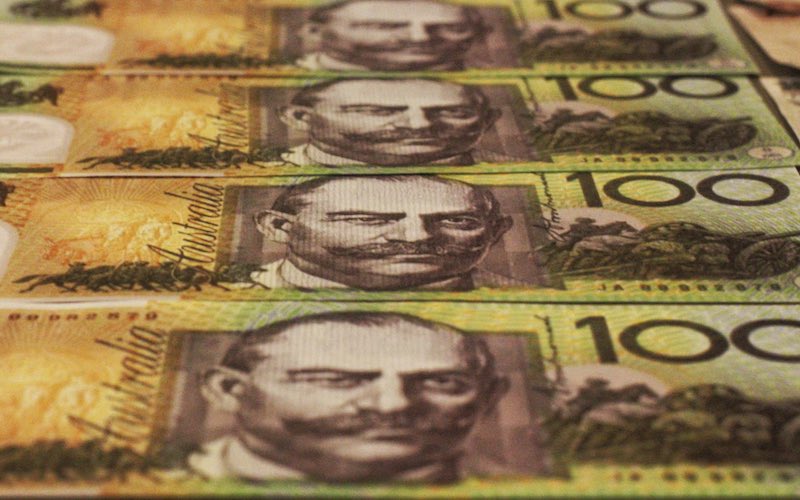This fall represents a 2.4% drop, marking a fourth consecutive month of decreasing credit card debt amongst Australians.
The data shows ongoing impacts of lockdown in Sydney and Melbourne as Aussies tightened their purse strings.
However data from October and November is expected to show a rebound in spending as restrictions eased in Australia's two largest cities.
Credit card spending remained steady from August to September.
Since the start of the pandemic, credit card debt has been in strong decline, while debit cards have gained momentum as Aussies switch to upfront spending.
ATM cash withdrawals remain at extremely low levels.
Further data from the RBA shows that new payments platform (NPP) payments once again rose in September, reaching all time highs.
Roy Morgan CEO Michele Levine, said that BNPL is becoming more and more recognised as a payment service.
"For the first time in mid-2021 awareness of buy-now-pay-later services such as Afterpay, Zip, Humm, Latitude Pay and Openpay at 75.5% overtook that of the more established online payment platforms such as PayPal, Visa, Western Union and masterpass at a total of 74.5%," Ms Levine said.
According to research from DBM Atlas and Nielsen, more than one million Australians cancelled credit cards in the past year, in favour of new digital payment services offering interest-free payment instalments.
Young Australians are leading this surge - the survey of 93,000 respondents found almost two-thirds of Australians who have used buy now, pay later payment are aged 18 to 44, though older generations are also increasing their use.
"BNPL services are often free or inexpensive for consumers to use if payments are made on time, but tend to be expensive for merchants to accept," the RBA's latest Review of Payments Regulation paper said.
"Despite this, providers of BNPL services typically have 'no-surcharge' rules that prevent merchants from passing on these costs to the consumers who benefit from using the BNPL service."
This recommendation would see fees switch to customers using BNPL platforms from businesses and retailers, which is typically 4-7% of the purchase price.
Image by Towfiqu barbhuiya via Unsplash
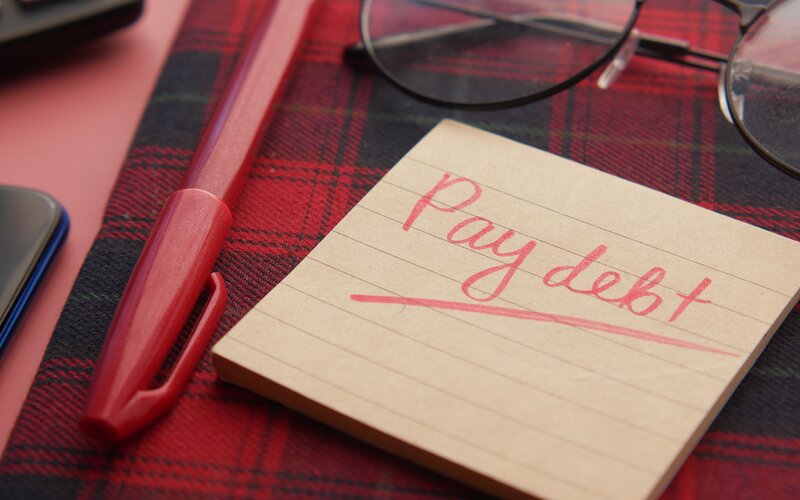


 Harrison Astbury
Harrison Astbury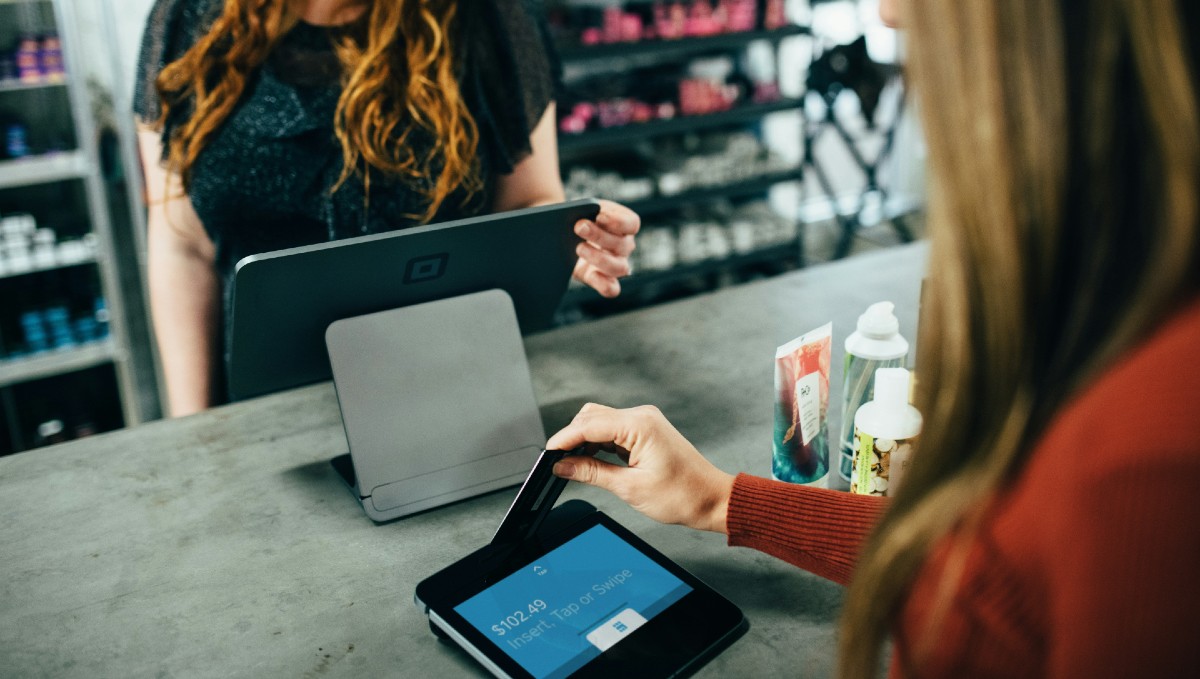
 Denise Raward
Denise Raward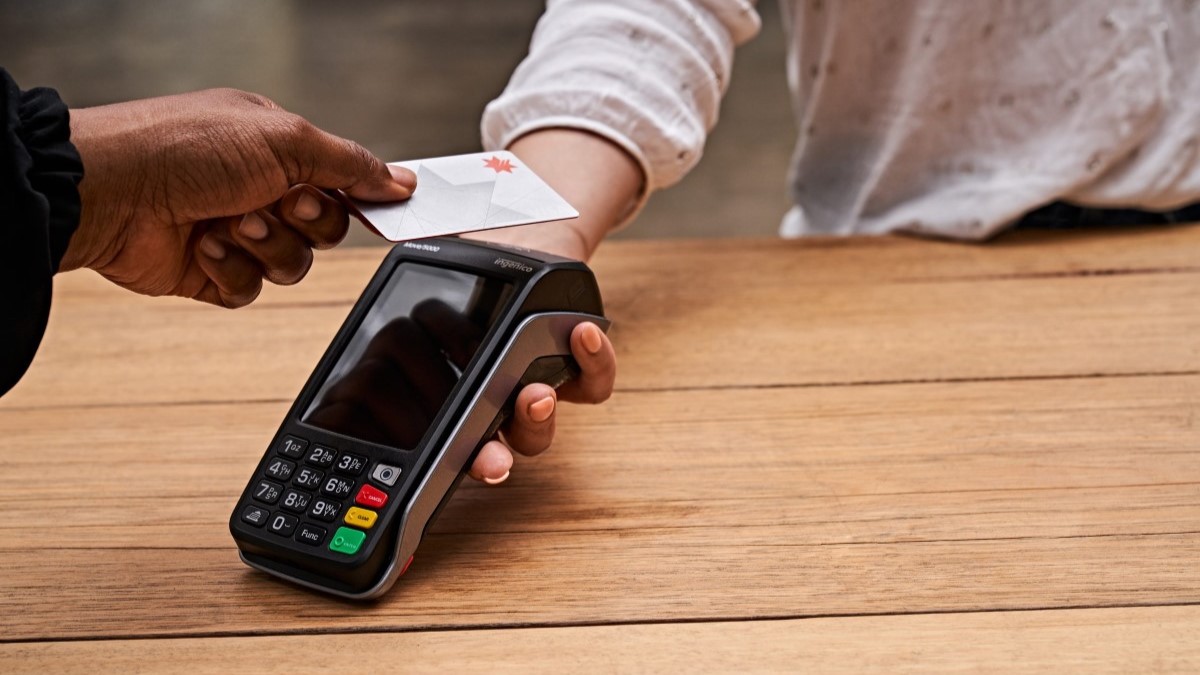
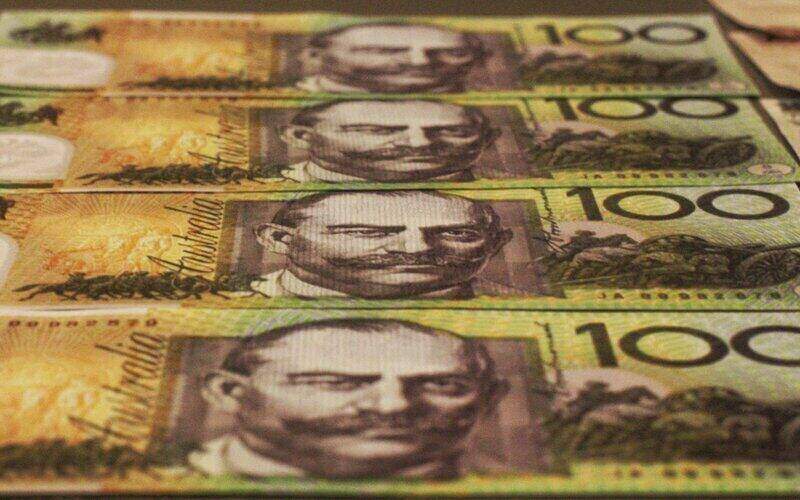
 Brooke Cooper
Brooke Cooper


